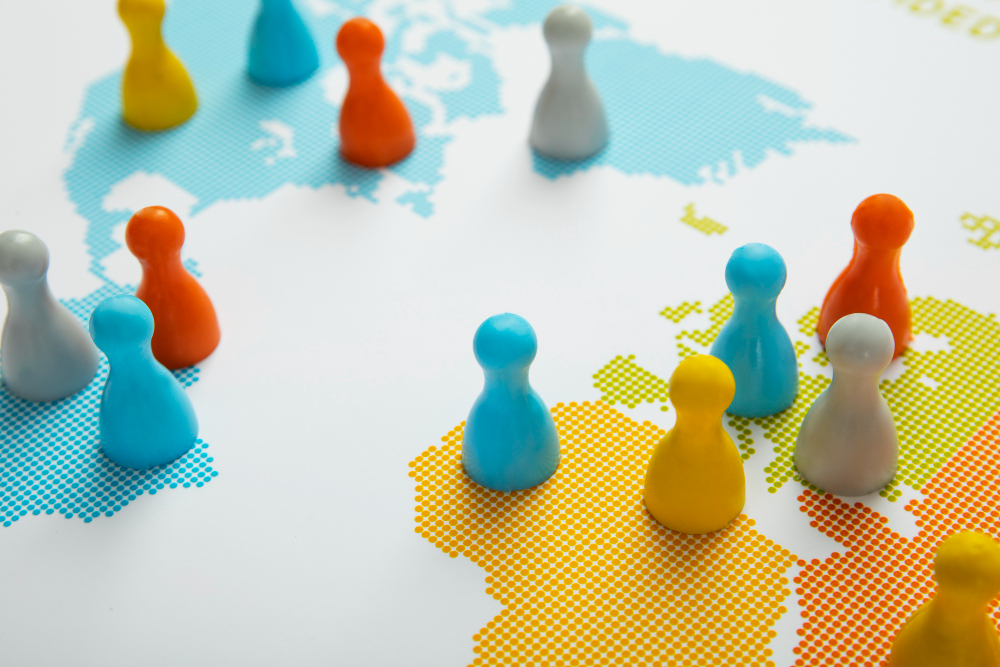Social Sciences
Sociology is the study of society - how it’s structured, how it changes, and how people relate to each other within it.
Psychology is the scientific study of the mind and behaviour.
Anthropology is the study of humans in all their diversity - past and present, biological and cultural, local and global.
Politics is the study of power - how it is distributed, used, challenged and institutionalised in societies across the world.
International Relations (IR) is the study of relationships between nations, governments, organisations and peoples on a global scale.
Economics is the study of how people, businesses, and governments make decisions about resources.
Criminology is the study of crime, what causes it, how society responds to it, and how justice systems operate.
Criminology and Social Policy is an interdisciplinary degree that explores the causes and consequences of crime alongside the policies and institutions designed to reduce harm and promote social welfare.
Criminology and Sociology is a combined degree that explores how society is structured and how crime emerges within it.
Sociology and Social Policy is a combined degree that examines how societies function, why inequalities exist and how public policies are developed to address social challenges.
Econometrics is the application of statistical and mathematical methods to economic data.














